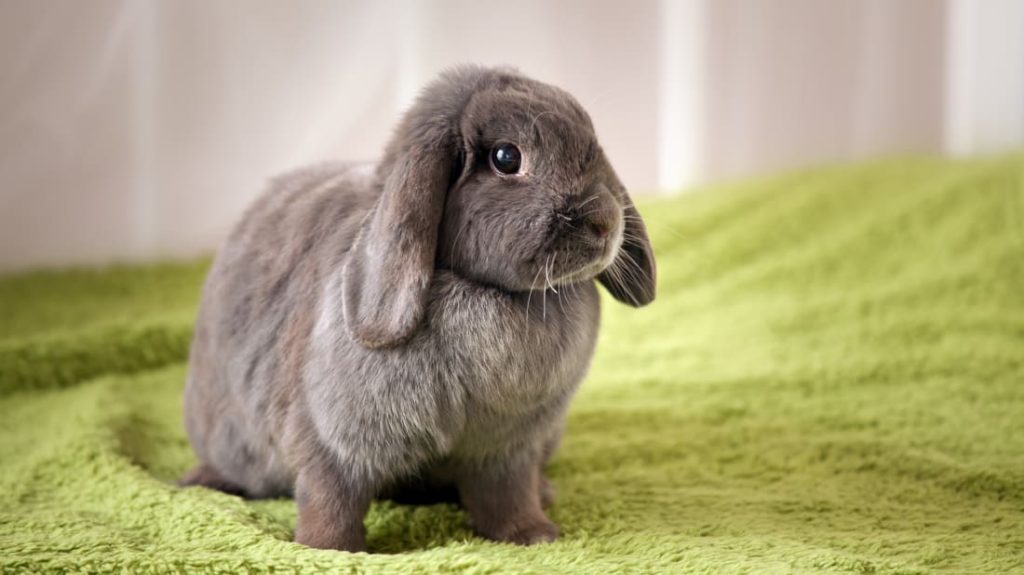Rabbits, with their soft fur, curious nature, and endearing personalities, have become increasingly popular pets in recent years. As pet owners, we often want to establish a strong bond with our bunnies and teach them good habits, making training an essential part of their upbringing. But the question arises: what is the best age to train a rabbit?

Understanding Rabbit Development
Before diving into the ideal age for training, it’s crucial to understand a rabbit’s growth and development stages. Rabbits are born fully furred and with their eyes open, but they remain dependent on their mother’s milk for the first few weeks. After about eight weeks, they typically start to venture out of the nest and become more independent.
Early Socialization Matters
While formal training sessions may not commence immediately, the first few weeks and months of a rabbit’s life are crucial for socialization. Handling your bunny gently and frequently during this period helps build trust and comfort with humans. This early exposure to human touch and interaction sets the foundation for future training sessions.
Ideal Age for Formal Training
While socialization starts early, formal training—teaching specific behaviors or tricks—typically begins when the rabbit reaches an age where it’s physically and mentally capable of understanding and responding to commands. Most experts recommend starting formal training around 3 to 4 months of age.
At this stage, rabbits have developed sufficient motor skills and cognitive abilities to understand basic cues and learn new behaviors. They are also more active and curious, making them more receptive to training sessions.
Benefits of Early Training
- Bonding: Training sessions provide quality time for you and your rabbit, strengthening your bond.
- Behavioral Control: It helps establish good habits early on, such as litter box training, which can prevent unwanted behaviors later in life.
- Mental Stimulation: Rabbits are intelligent creatures that thrive on mental challenges. Training keeps them engaged and entertained.
- Confidence Boost: Successfully mastering new tricks can boost your rabbit’s confidence and overall well-being.
Tips for Successful Training
- Patience and Positivity: Rabbits learn at their own pace, so be patient and use positive reinforcement like treats or praise to encourage good behavior.
- Short Sessions: Keep training sessions short and frequent, ideally no longer than 10-15 minutes at a time.
- Consistency: Use the same commands and rewards consistently to avoid confusion.
- Environment: Train in a quiet, distraction-free area to help your rabbit focus.
- Safety First: Ensure all training tools and techniques are safe for your rabbit.
In conclusion, while early socialization is vital for any rabbit, the best age to start formal training is around 3 to 4 months. This period aligns with their physical and mental development, making them more receptive to learning new behaviors. With patience, consistency, and positivity, you can foster a strong bond with your bunny while teaching them valuable skills that will enrich their lives.























































